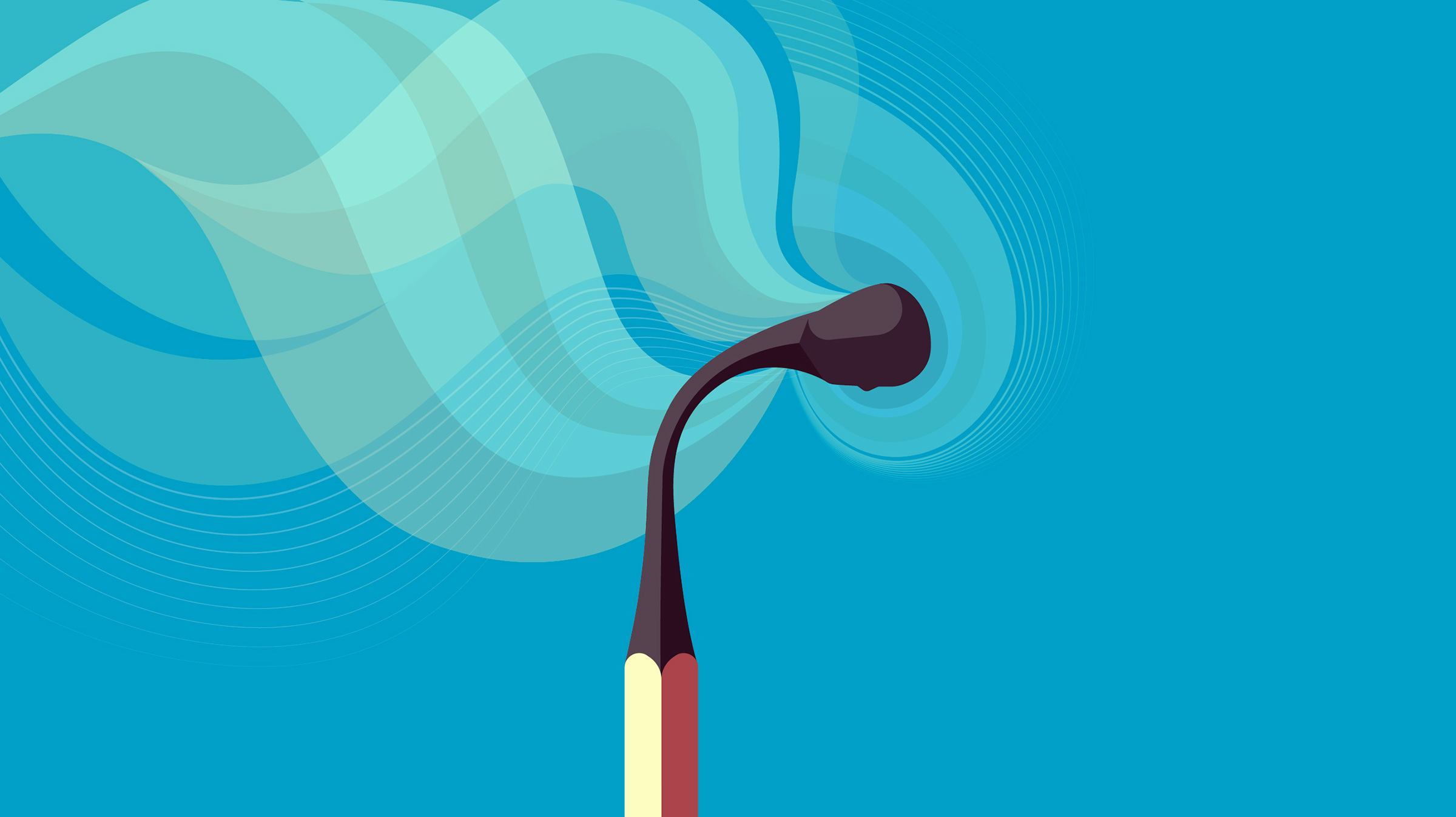
There’s this interview of author and business leader Simon Sinek that my best friend and I absolutely adore. He recounts a conversation with one of his closest friends about the little code they have for one another when they need someone to talk to.
“[They] say when somebody's struggling, all they need is eight minutes of help or support from a friend to get them back on track. And so, we came up with a code. We write to each other, ‘Do you have eight minutes?’ It means, ‘I need you.’ And anybody can step out of a meeting for eight minutes to be there for a friend.”
I reach for my phone as I lay in bed. My mind is whirling. I remind myself to breathe. Deep belly breaths — the kind you take to ground yourself and ease your minds. I feel the air expand every space in my lungs but suddenly I'm acutely aware of just how hard it is to breathe. My fingers find the keyboard and tap out a message: “Do you have eight minutes?”
I our final exams of dental school and the relief and elation we all felt to officially begin our careers. We made it! Years of studying finally completed! Little did I know what that actually entailed. As I enter my third year of dental practice, the glitter of being a wide-eyed graduate has faded and the realities of what the dental profession entails has set in.
Burnout among dentists is not an uncommon experience. One in four Australian dental professionals will experience burnout with high rates of psychological distress, mental exhaustion and mental health conditions like depression and anxiety prevalent in the profession. “It gets better” is a phrase we’re told repeatedly. ‘I’ll get used to it, right?’ we think to ourselves. And yet, every time we overcome a hurdle, it seems like another one appears in our path. It feels like the goal post is constantly moving.
